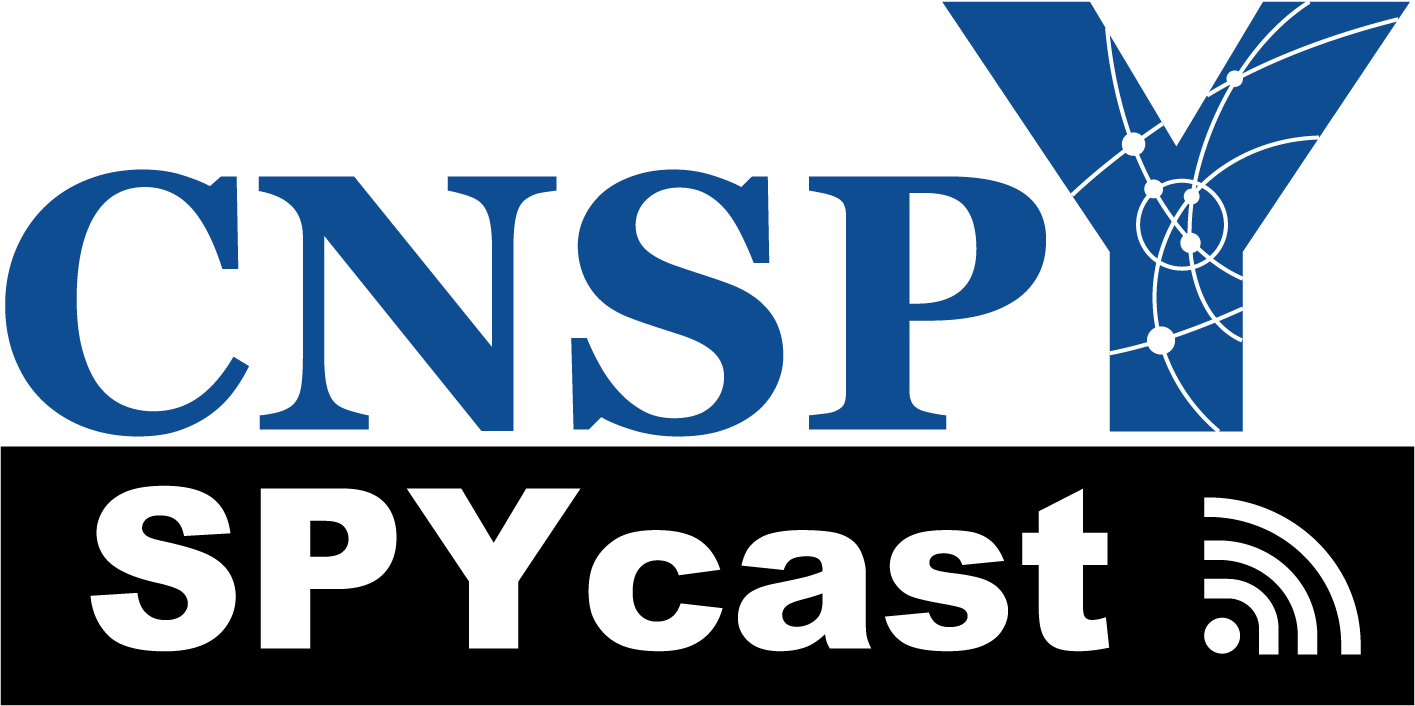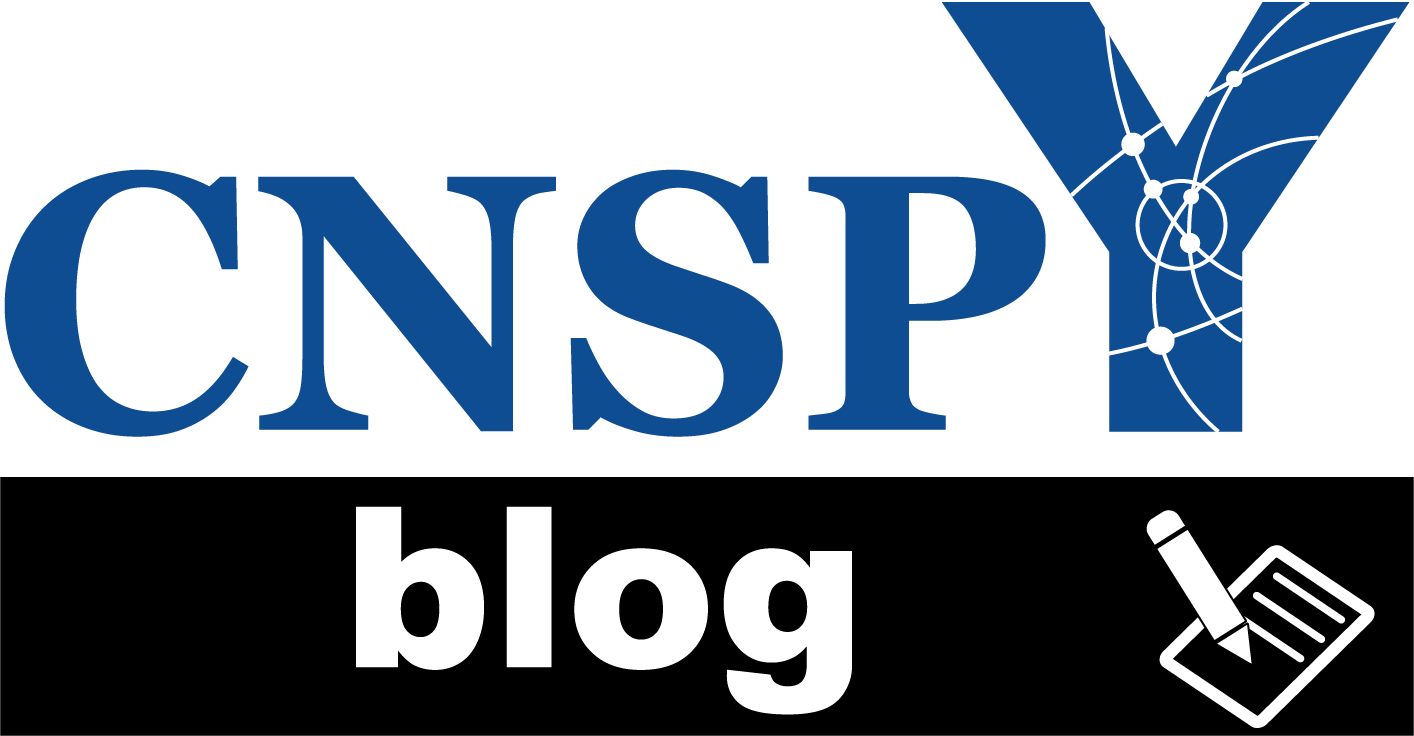Here’s guest blogger Kristen with part III of her blog series on informational interviews…
In the beginning of this blog series, we covered what an informational interview is and tips for preparing for your interview. In today’s blog, I’ll give you tips on interview etiquette that will help you foster an ongoing relationship with your interviewee.
General Etiquette
When doing an informational interview all the normal rules of interview etiquette apply:
- Show-up or call on time. If it’s an in-person interview, you should plan to show up 10-15 minutes early in case you have trouble finding or getting to the location.
- Smile and nod to show you are listening, even if you are on the phone. Doing these small things will automatically put you in the correct mindset and help you sound pleasant.
- Dress professionally, even if it’s a phone interview. This will help you to portray yourself as professional in your speech and mannerisms.
- If you meet in person, give a good handshake
- Turn your cell phone or other devices to silent
- Let your interviewee finish their thoughts and try not to interrupt
- Follow-up after your interview by sending a thank you email
However, there are a few additional things that I have learned that will help you during and after the interview.
During the Interview
Tip 1: don’t be nervous
When I did my first informational interview, I was ridiculously nervous. Being an introvert doesn’t help me in these situations. However, you have to remember that the interviewee is there to help you, not decide if you’ll get the job or judge you. He or she wants the interview to go well and may also be nervous about offering advice.
Tip 2: use cue cards
This is much easier to do for an over the phone interview, but it can also be done for an in-person interview.
For a phone interview, I write out all of the questions that I want to ask and position them so I can see the questions without having to stand-up or move papers around. You can read directly off the question sheet or use them to just remember the topic you wanted to ask about.
For an in-person interview, I normally practice more so that I don’t have to go back to a list of questions very much, but it is always a good idea to bring your list as a back-up. If you forget a question or have more time, you can always say, “I know that I had another question about X, let me look back at my notes.” Then you can quickly flip to your question sheet to refresh your memory. I never read all of the questions directly from my question sheet because I think it makes me look un-prepared.
Tip 3: take notes
Whether you are doing an in-person or over the phone interview, it is a good idea to take notes. If I am doing an in-person informational interview, I generally ask if the interviewee would be OK with me taking notes while we talk. You won’t be able to write everything down word-for-word, so you’ll want to write down key phrases, short bits of information, etc. to help you remember what the interviewee said. Be sure to be listening even though you are writing.
Tip 4: be flexible
Because I’ve prepared (or over-prepared) for the informational interview, I tend to want to stick to my question script, but this isn’t always the best way to have a conversation with your interviewee. Some interviewees will be fine with you taking the lead and asking whatever questions you want. They will wait for you to initiate the next line of questioning. However, some interviewees will want to just talk at you and share their opinion of their job and what you should do with your career. It may be difficult for you to get in the exact questions you want. For these interviewees, it is best to try to redirect their comments with related questions, rather than trying to totally change topics.
Tip 5: thank the interviewee
At the end of your conversation, you should thank the interviewee for their time and insight. It’s just nice.
After the Interview
Tip 1: rewrite your notes
When you are in the middle of interviewing, it will be difficult to write down everything the interviewee says. You should rewrite your notes while the conversation is fresh in your mind. This will allow you to add in any details that you didn’t get the chance write down while you were talking. Rewriting will also give you the chance to think through the interview and make sure that you got all the information you wanted.
Tip 2: always follow-up with your interviewee
It’s a good idea (and polite) to follow-up with your interviewee after the interview. Normally, I email the person the next day. I’ll thank the interviewee for speaking with me and say that I enjoyed speaking with them. I generally also ask something that requires a response from the interviewee. This will help them remember you, and you’ll know that they got your email.
- You can ask an additional question or for clarification.
- You can also ask if they know someone else that they can put you in contact with for a specific reason. This is particularly helpful in there is something that the interviewee didn’t know much about or if the interview has a very different training background than you do.
- You can say that you are going to reach out to them on LinkedIn.
Tip 3: reach-out on LinkedIn
If you want to keep your interviewee in your network, it’s a good idea to connect via LinkedIn. You will get updates on their career and vice versa. It will also help you keep track of who you’ve talked with. Your interviewee may not respond to your request, especially if you only very briefly met them. But at least you tried!
Tip 4: get a second or third opinion
Remember that many things that your interviewee tells you is based on their opinion, their personal experiences, and their microenvironment. Therefore, it’s always good to get multiple opinions before deciding that you do or don’t want to do a particular career or work at a particular company. Because:
- You may not know if this person had a bad experience that may have given them a negative outlook.
- Your interviewee may have a different training background that made their transition to their role easier or harder.
- The same position within different companies (or divisions within a company) can have very different culture, job duties, or expectations.
I hope that this blog series has helped you understand informational interviewing and given you some tips that you can put into practice. Good luck with researching your future career!
Further reading:
- 3 steps to a perfect informational interview
https://www.themuse.com/advice/3-steps-to-a-perfect-informational-interview - How to ask for an informational interview (and get a Yes)
https://www.themuse.com/advice/how-to-ask-for-an-informational-interview-and-get-a-yes - How to land and ace an informational interview
https://www.forbes.com/sites/jacquelynsmith/2013/12/11/how-to-land-and-ace-an-informational-interview/3/#4fe7b479211e - Career Opportunities in Biotechnology and Drug Development by Toby Freedman





